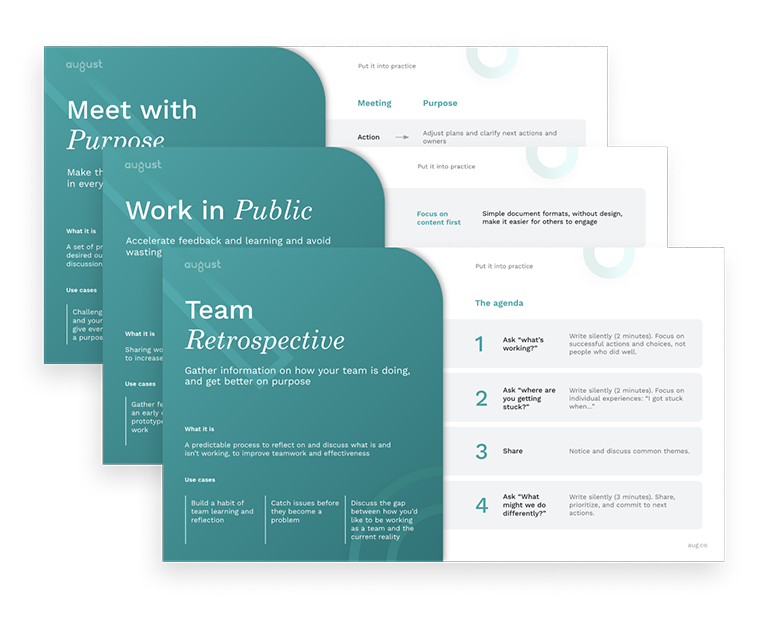Published March 2, 2014 | Updated March 22, 2023 | 5 minute read
How emerging markets can transform the way your business operates
Emerging markets are your chance not only to grow the core business, but to leap-frog digital capabilities, and spark your company’s transformation into a responsive organization.
Emerging economies have been a boardroom topic for decades. Sustained trends toward stability and increasing access to technology have made it easy to enter new markets. And as companies close the books on 2013, it’ll be hard to find an annual report from anyone in the FORTUNE 500 that doesn’t talk about global growth as essential to their company’s success.
As companies begin doing business in new regions, they have a choice: either replicate and reinforce 20th century models or use this chance to install an organizational operating system designed for the 21st century. The companies winning the global growth game 5 years from now will be the ones who use new markets to incubate and then spread this new way of working.
The Innovator’s Solution
As Clay Christensen argues in the Innovator’s Dilemma, to enable true innovation, companies need to create an environment that is sufficiently independent of the mothership, so that the new business can grow on its own without the organizational baggage of the established business model.
Today, emerging global markets offer global corporations a unique opportunity to apply Christensen’s strategy, specifically to the task of digital transformation.
Whether you’re looking at the big players of Brazil, Russia, India, and China, or the lions of Sub-Saharan Africa, or the six markets to watch: Poland, Mexico, Indonesia, Philippines, Turkey, and South Korea — these countries offer a chance to not only grow the core business, but to develop digital capabilities that leap-frog ahead of more established markets.
Healthcare businesses can develop and launch mobile solutions for rural regions. Education businesses can create agile product development teams that behave as start-ups focused on local users. Insurance companies can take mobile-first service experiences from the U.S. and Europe and introduce them to less mature markets in the east. Energy businesses can deploy lean squads on missions to build breakthrough hardware + software solutions. Consumer brands can build integrated product + tech experiences that are open and interoperable from day 1.
Where to begin:
- Select your market. Take a fresh look at your global growth strategy through a new lens. Identify a business unit where you expect digital to play a central role in the customer value proposition. Identify a region/market where you can find (or deploy) the right talent mix, and where technical infrastructure and regulation will allow you to launch new experiences quickly.
- Pick your team. Assemble a team that’s ready and willing to adopt a new way of working. You’re looking for makers over managers; people who have a track record of getting things done using whatever resources are at their disposal. The team should be cross-disciplinary, including product owner, customer expert, someone who knows the local market, engineers (software and hardware), and user experience designers. And they should report to each other, rather than reporting up through corporate functional silos.
- Create the conditions for success. Shield the new team from the bureaucracy and expectations of the larger organization. Like the classic rules of the Lockheed Martin Skunk Works, be explicit about the ways that this group will operate with autonomy and independence. Make sure that everyone else across the organization knows and understands the rules of engagement.
- Plan for rapid mutation. As this new group gets off the ground, you will want to ensure that their successes spread across the company so that others will learn from and begin to replicate their way of working. Plan for this at the start by devoting resources to record and share the case studies that will emerge.
Choose wisely.
Intelligent investments in new markets will only become more critical to business performance over the next decade. Meanwhile, the pace of digital disruption keeps getting faster. Treating emerging markets as incubators for a transformative way of working is the key to harmonizing these two forces. Rather than weighing the organization down by bringing along the baggage of an obsolete operating model, successful business leaders will propel their organization forward by investing in an operating model designed for the future.


.jpg)




